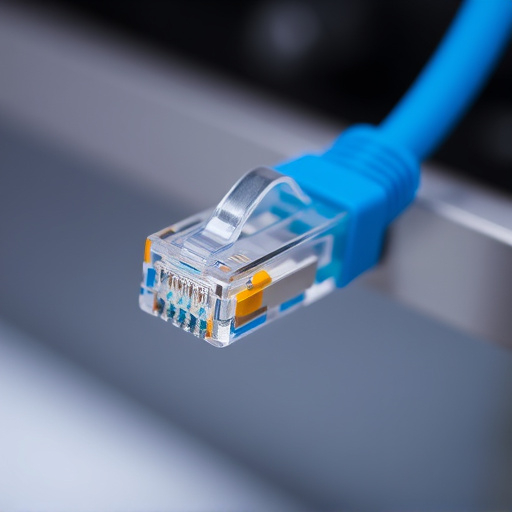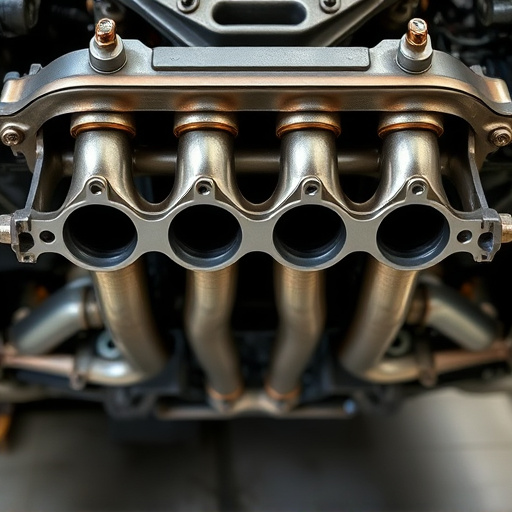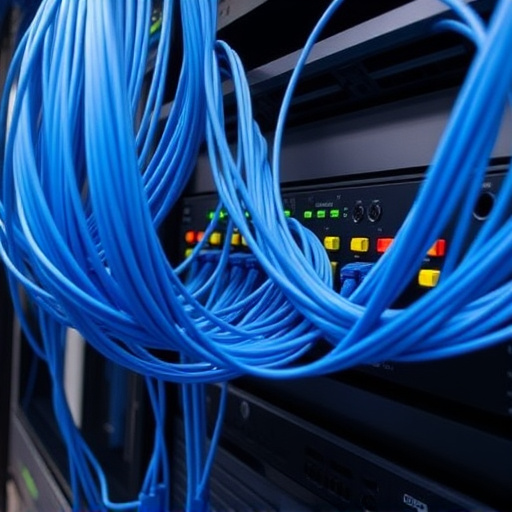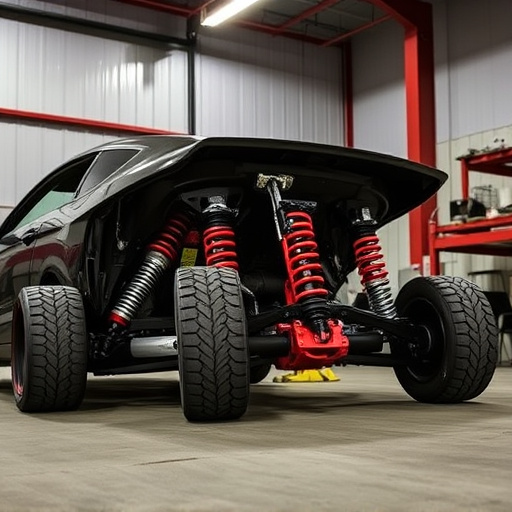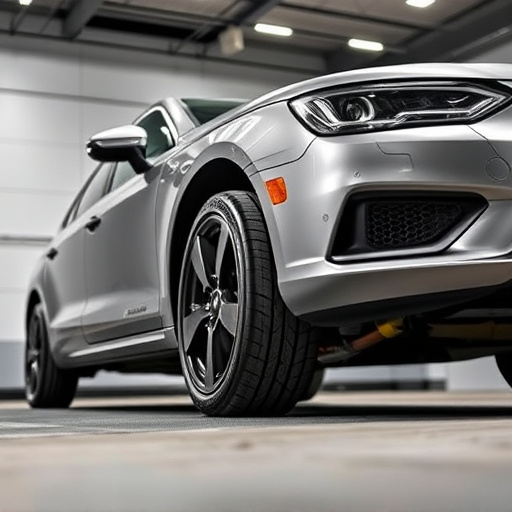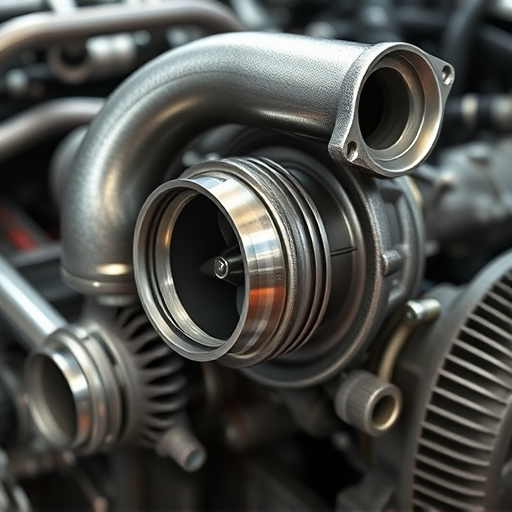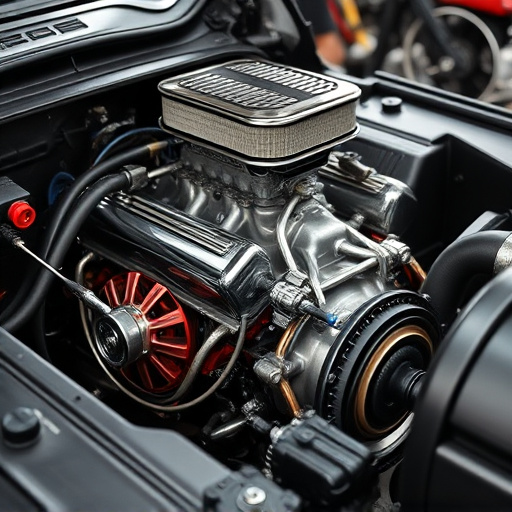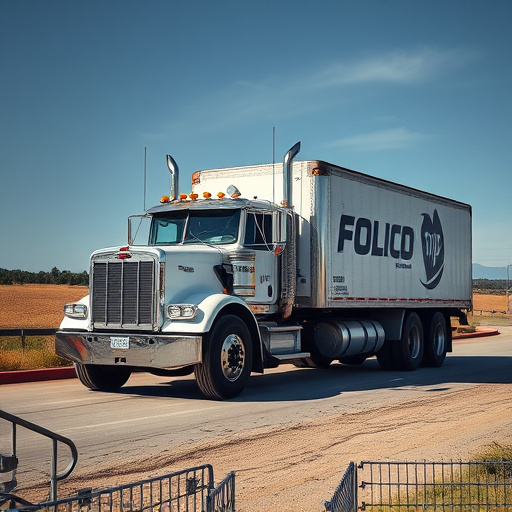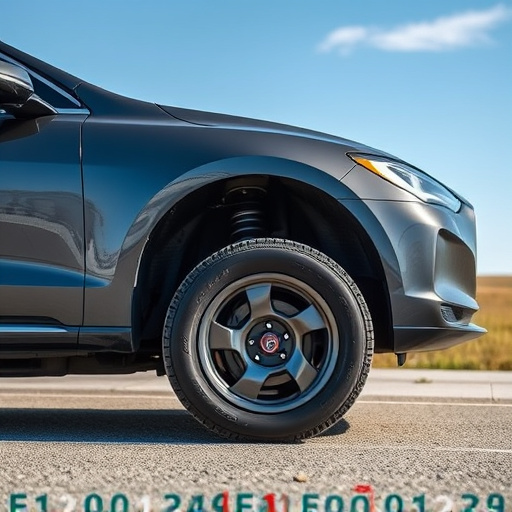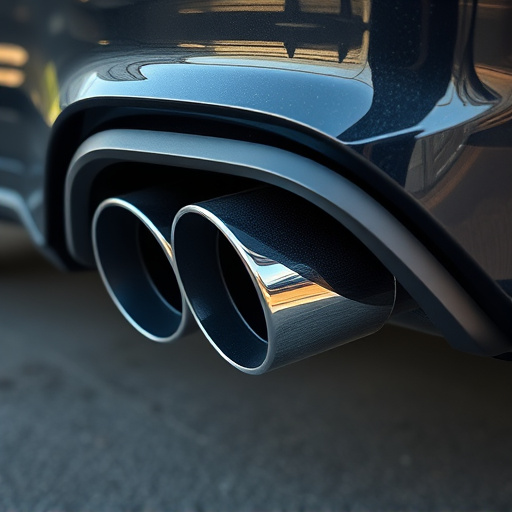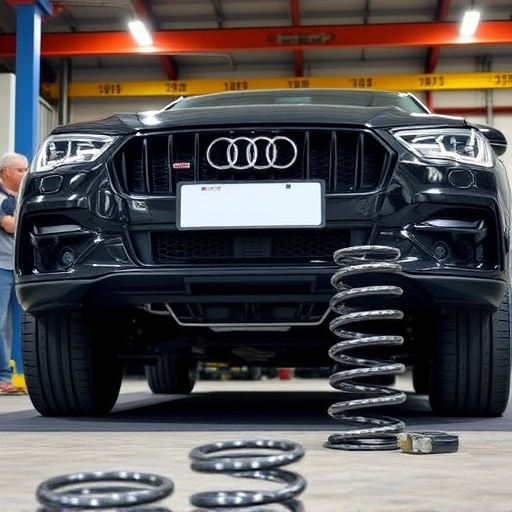A performance air filter is a vital component in modern vehicles, ensuring clean air enters the engine for optimal combustion. Regular replacement is crucial as a dirty filter restricts airflow, leading to reduced power, increased emissions of harmful pollutants like NOx and particulate matter, decreased fuel efficiency, and potential damage to other parts. Maintaining clean filters not only benefits vehicle performance but also contributes to environmental cleanliness by reducing emissions and mitigating health risks associated with polluted air. Upgrading to high-performance air filters and adhering to manufacturer recommendations for cleaning or replacement are essential practices for optimal vehicle emissions control and overall engine health.
A performance air filter, designed to optimize engine intake, can significantly impact vehicle emissions. Over time, these filters accumulate dirt and debris, restricting airflow and compromising their efficiency. This article delves into the intricate relationship between performance air filters and emissions control. We explore how a dirty air filter can lead to elevated pollutant levels and offer strategic tips for maintenance to ensure optimal emissions performance. Understanding these factors is crucial for both environmental compliance and vehicle health.
- Understanding Performance Air Filters and Their Role in Emissions Control
- The Impact of a Dirty Air Filter on Vehicle Emissions
- Strategies to Maintain Clean Air Filters for Optimal Emissions Performance
Understanding Performance Air Filters and Their Role in Emissions Control
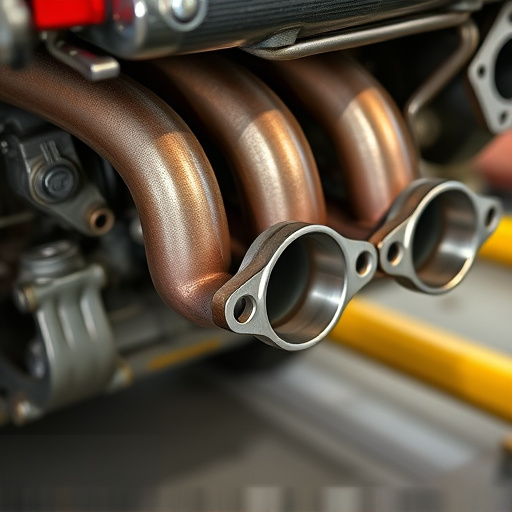
Performance air filters are designed to enhance vehicle performance by allowing a larger volume of clean air into the engine’s air intake system. They play a crucial role in emissions control, as they capture and retain fine particles and contaminants present in the incoming air. These filters ensure that only clean, filtered air reaches the engine, promoting efficient combustion.
In modern vehicles, the air intake system is a vital component of overall vehicle performance. A well-maintained performance air filter can optimize air flow, resulting in improved engine power and torque. Conversely, a dirty or clogged filter restricts air flow, leading to reduced engine performance and potential issues with emissions control systems. This is because contaminated air can cause inefficient combustion, resulting in increased harmful emissions, including carbon monoxide and nitrogen oxides. Therefore, regular replacement of performance air filters is essential for maintaining both vehicle performance and environmental cleanliness.
The Impact of a Dirty Air Filter on Vehicle Emissions
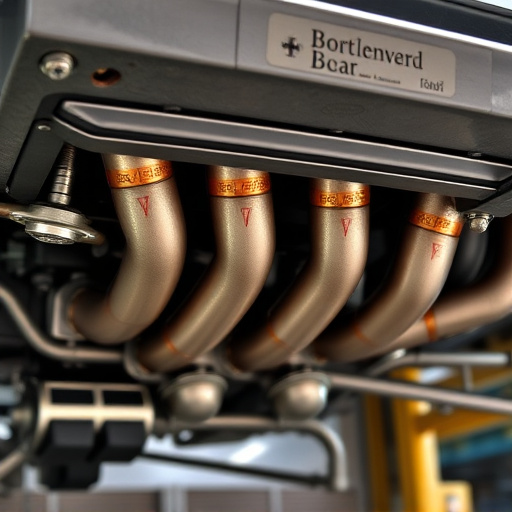
A dirty or clogged performance air filter can significantly impact a vehicle’s emissions and overall performance. When an air filter becomes obstructed with dirt, dust, and debris, it restricts the flow of clean air into the engine. As a result, the mixture of air and fuel in the combustion chamber is altered, leading to increased nitrogen oxide (NOx) and particulate matter emissions. These pollutants contribute to both environmental and health issues, including smog formation and respiratory problems for drivers and nearby residents.
Moreover, a compromised air filter can cause the engine to work less efficiently. With reduced airflow, the engine struggles to burn fuel optimally, resulting in higher fuel consumption and reduced power output. This is particularly noticeable when accelerating or driving at higher speeds. Upgrading to a high-performance air filter, along with maintaining other vital components like cold air intakes and exhaust mufflers, can help mitigate these issues, ensuring cleaner emissions and smoother driving experiences.
Strategies to Maintain Clean Air Filters for Optimal Emissions Performance
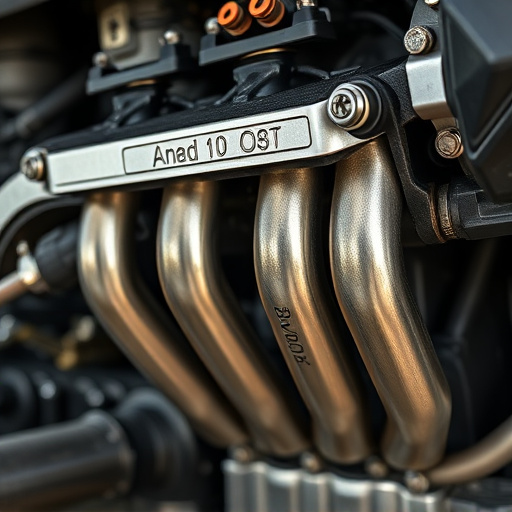
Maintaining clean performance air filters is a simple yet effective strategy to ensure optimal emissions performance in your vehicle. Over time, these filters can become clogged with dirt and debris, restricting airflow and potentially impacting engine efficiency. Regular cleaning or replacement, as per the manufacturer’s recommendations, is key. Many modern vehicles come equipped with high-flow cold air intakes, which rely on clean performance air filters to deliver the maximum amount of cool, filtered air to the engine for enhanced combustion and power.
Moreover, keeping your performance air filters in good condition can also help preserve other components like brake rotors. When a dirty filter restricts airflow, it can cause the engine to work harder, leading to increased heat and wear on various parts, including brakes. By ensuring your performance air filters are clean and well-maintained, you contribute to not only better emissions control but also longer-lasting brake rotors and improved overall vehicle performance.
A dirty performance air filter can significantly impact vehicle emissions, leading to increased pollutants and potential environmental harm. By understanding the role of these filters in emissions control, it’s evident that regular maintenance is key. Implementing strategies to keep air filters clean ensures optimal vehicle performance and contributes to a greener environment. Regularly replacing or cleaning your performance air filter as recommended by manufacturers can make a noticeable difference, promoting both efficient driving and reduced emissions.
